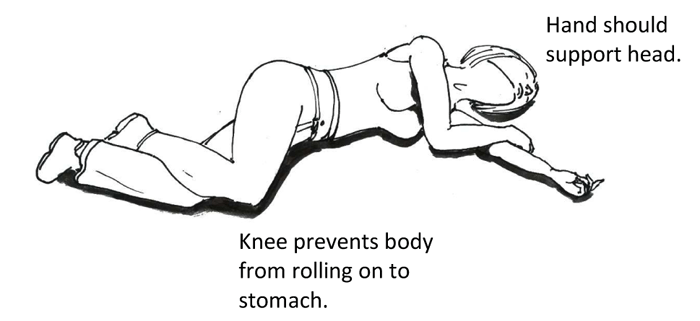 |
 |
 |
©
2012 Jordan Institute
for Families

Vol.
17, No. 1
March 2012
Poison Responses for Child Welfare Staff
If a Poisoning Has Occurred
- Call 911 if an emergency. Signs of a poisoning emergency include unconsciousness, convulsions, or difficulty breathing.
- Be aware that symptoms of an overdose may not occur immediately. Symptoms may be delayed for up to several days.
- If the patient is responsive, call the Carolinas Poison Center at 1-800-222-1222.
- Provide the victim’s age, weight, time of exposure, name on the poison container or bottle, and address.
- Follow all instructions provided by the specialist.
Responding to Opioid and Other Unintentional Poisoning Overdoses
Signs of an overdose
- Skin is pale and/or has a blue tint (cyanosis).
- Difficulty breathing.
- Unresponsive.
- Confusion or disorientation.
- A slow, erratic, or stopped pulse.
- Body is limp.
- Vomiting.
Respond appropriately
- Assess the situation: rub knuckles against the breastbone. If the victim does not react, he/she is unconscious.
- Place victim on his/her side in the recovery position (see illustration).

- If the victim is not breathing, clear airway and provide rescue breathing.
- Dial 911; mention that the victim has had an overdose so that the medical responders will be prepared to respond to the situation appropriately.
- Immediate medical help is the best way to prevent death or disability from an overdose. Potentially life-saving antidotes and/or emergency treatment are available.
- Fear of prosecution should not interfere with calling for emergency help.
Source: NCDHHS, 2010